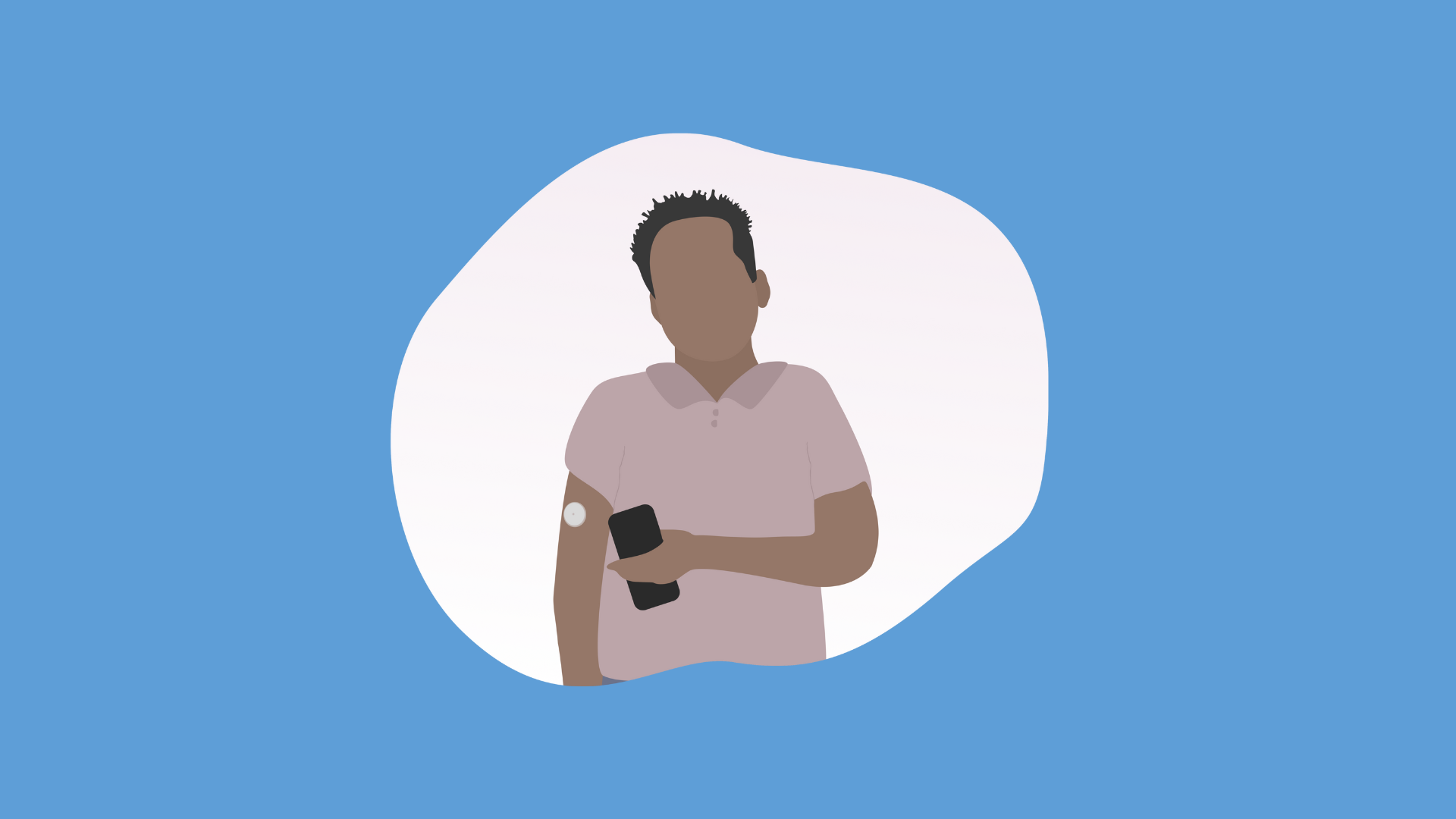Taking control of a new diagnosis of diabetes clearly takes some effort. People with newly detected diabetes need to: a) learn about their disease; b) modify their diet and physical activity; c) learn how to check glucose levels at home; d) interact with doctors, nurses, dietitians, and other health professionals in new ways; and f) possibly learn about and take some medications.
So how does all this effort help to reduce the long-term impact of diabetes?
One way is by keeping blood sugar (i.e., glucose) levels as normal as possible. Research now shows that taking control of glucose levels shortly after diagnosis has benefits 10-20 years later. One major study showed that people with recent type 1 diabetes who maintained good glucose levels for at least 6 years almost halved their lower risk of eye disease, kidney disease, heart attacks, strokes, and related problems during the next 20-30 years. Other studies showed that people with recent type 2 diabetes who maintained good glucose levels for several years also had lower future risks of eye disease, kidney disease, heart attacks or death over the next 20 years.
These long-term benefits are seen even if the glucose control can’t be maintained as tightly as initially. The fact that achieving good glucose control shortly after diabetes is diagnosed has future health benefits means that people should not avoid or ignore diabetes.
Clearly, good glucose control is good preventive medicine.



